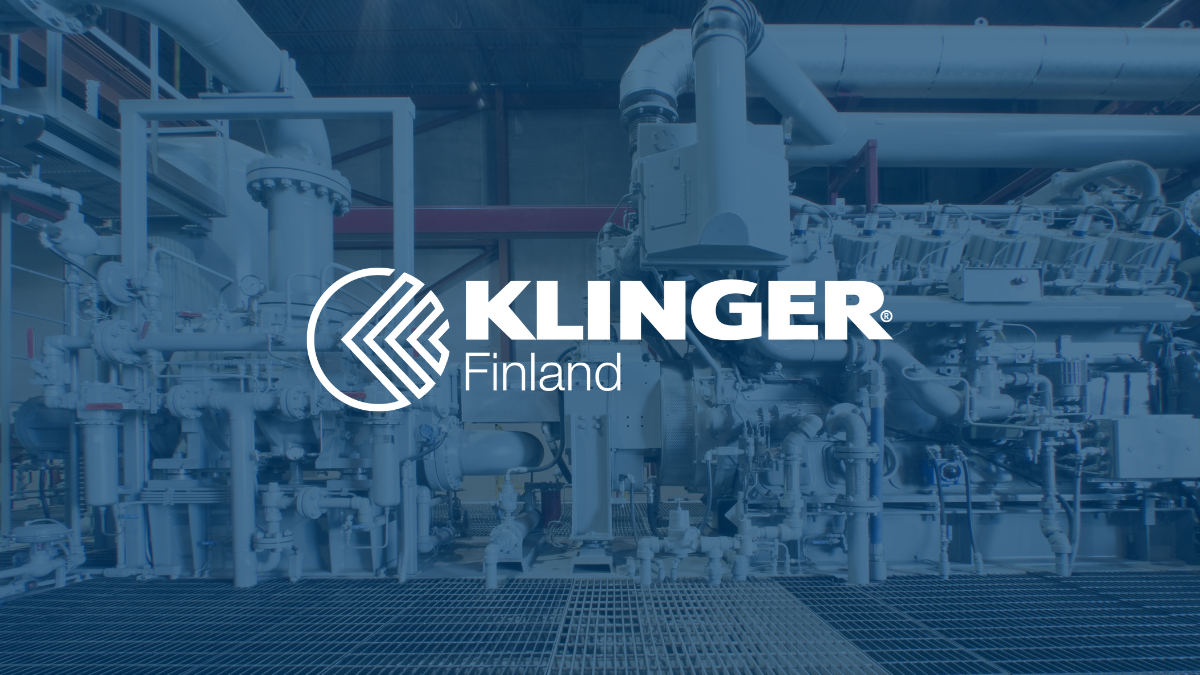What are mandatory packaging labels?
Packaging labels are essential pieces of information that provide consumers with details about a product’s content, origin, and safety. They play a critical role in ensuring that products are safe for consumers and comply with legal requirements. In Finland and across Europe, mandatory packaging labels are determined by both national and EU regulations. These include, for example, the product name, list of ingredients, best-before date, and place of manufacturing or packaging.
In the pharmaceutical industry, packaging labels are particularly crucial as they protect consumers from counterfeit medicines and support traceability. By ensuring these details are clearly displayed, companies can safeguard consumers from potential health risks and enhance the trustworthiness of their products.
How are packaging labels regulated?
The regulation of packaging labels involves a multi-step process where regulatory authorities, such as food safety agencies, regularly inspect product labels. In Finland, this responsibility lies with entities like the Finnish Food Authority (Ruokavirasto), which oversees the compliance of food labels with applicable laws.
Authorities conduct inspections both at retail locations and manufacturing facilities to ensure that all labels are accurate and comply with the law. Additionally, companies themselves monitor the accuracy of their labels as part of their quality and safety management systems. Proper labeling in logistics also enhances product traceability and ensures that products reach their destinations safely and correctly.
What information should packaging labels contain?
Packaging labels must include several key pieces of information, which vary depending on the product type. For example, in the food and beverage industry product labels typically must display the product name, list of ingredients, allergens, nutritional information, place of manufacturing or packaging, and the best-before date. Labels for other products, such as chemicals, must include safety instructions and warnings.
Well-designed and clear labels not only promote consumer safety but also improve the commercial appeal of a product. The effective use of labels and ribbons can add significant value to product presentation and branding, influencing consumer purchasing decisions.
The impact of packaging labels on consumer safety
The accuracy and clarity of packaging labels are vital for ensuring consumer safety. Labels help consumers make informed decisions, particularly for food products or other goods where allergies or health-related factors must be considered. Incorrect or incomplete labeling can lead to serious health risks.
Furthermore, as products move through international markets, packaging labels must be understandable across different languages and cultures. This requires companies to adhere to both local and international labeling standards.
Companies like KLINGER Finland Oy, with expertise in high-quality packaging labeling solutions, play a key role in developing and maintaining high labeling standards that foster consumer trust and safety.
KLINGER Finland Oy’s role in packaging label development
KLINGER Finland Oy has been a prominent player in the development of packaging labels, particularly in industrial applications. We provide innovative solutions that meet both local and international standards.
Our technologies, such as thermal transfer labels and digital printing solutions, allow our customers to create durable and accurate labels. Our commitment to quality, innovation, and customer support makes us a reliable partner for companies seeking to enhance the traceability and safety of their products. At events and exhibitions, we continually showcase the latest innovations in the packaging industry, ensuring our customers stay at the forefront of developments.
